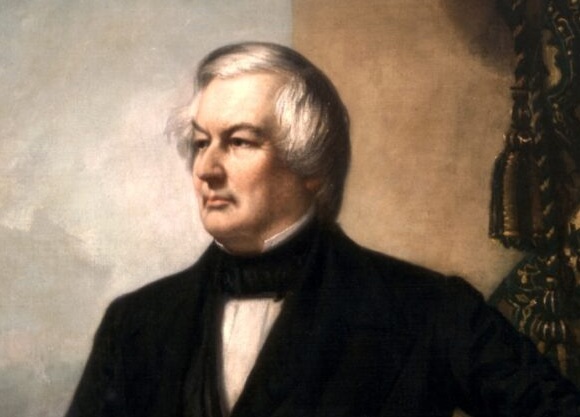===
In the labyrinthine corridors of Capitol Hill, legislators are constantly navigating a sea of voices, each vying for their attention. Amidst this cacophony, one voice stands out—the voice of the constituent. Through phone calls, emails, and letters, ordinary citizens have the power to shape the decisions that shape their lives.
Constituent Chatter: How Your Voice Shapes Capitol Hill
Constituent correspondence is a vital lifeline for members of Congress. It provides them with a direct line to the concerns and aspirations of their constituents, keeping them grounded in the realities of daily life. Each call or email carries a unique perspective, offering lawmakers invaluable insights into the issues that matter most to the people they represent.
By engaging with constituents, legislators gain a deeper understanding of the challenges and opportunities facing their communities. These conversations inform their legislative priorities, helping them to craft policies that are responsive to the needs of the people they serve. From addressing local infrastructure projects to advocating for healthcare reform, constituent voices play a pivotal role in shaping the legislative agenda.
From Inbox to Influence: The Power of Your Congressional Correspondence
The power of constituent correspondence goes beyond informing lawmakers’ decisions. It empowers citizens to hold their elected officials accountable and ensure that their voices are heard. When constituents reach out to their representatives, they are not merely expressing their opinions but actively participating in the democratic process.
Letters, emails, and phone calls provide a tangible demonstration of public support or opposition to specific policies. This feedback loop allows legislators to gauge the sentiments of their constituents and make informed decisions that reflect the will of the people. By actively engaging with their elected officials, citizens become active stewards of their own communities and contribute to a more responsive and representative government.
===
In the grand tapestry of American democracy, constituent correspondence serves as an indispensable thread, connecting the people’s voice to the halls of power. Through their phone calls, emails, and letters, ordinary citizens possess an extraordinary ability to influence the decisions that shape their lives. By embracing this power, they become active participants in the democratic process, ensuring that their voices are heard and their concerns are addressed.



